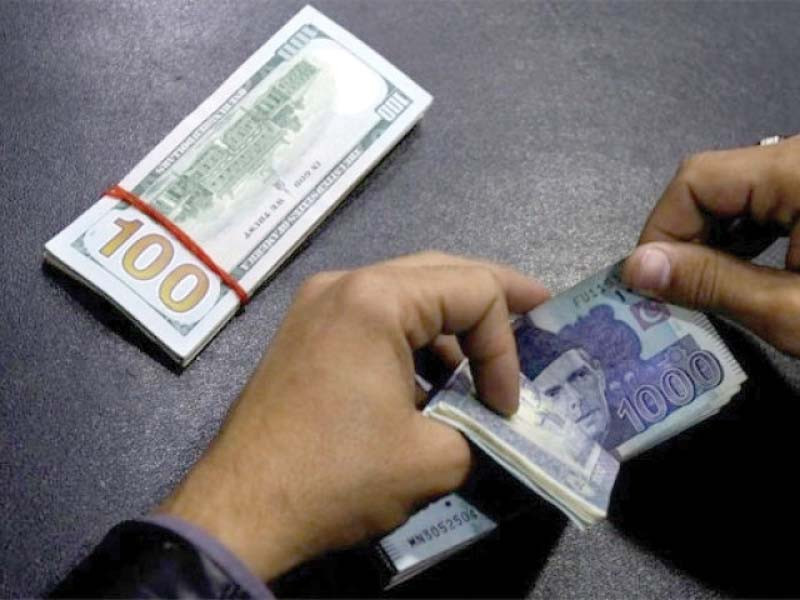The Pakistani currency witnessed a significant drop on Tuesday - the first day of the interim government taking over the reins of power in the centre - and closed at a three-month low of Rs292 against the US dollar.
The local currency shed Rs3 against the greenback in the interbank market around midday. The drop was exactly in line with the market speculation that the domestic currency would face a fresh round of depreciation.
Earlier, the currency remained stable at around Rs288 against the greenback during in the past three months.
Speculations had been rampant that the currency was set to depreciate under the International Monetary Fund's (IMF) latest $3 billion loan program acquired in late June 2023. The PDM government, however, did not carry through with the depreciation during the last two months of its rule to save political capital and left the task to the caretaker setup.
The market talk further suggests that the rupee was determined to lose ground in the wake of the government's decision to remove all restrictions on imports which were earlier controlled to manage the country's dwindling foreign exchange reserves.
Read How IMF sees Pakistan’s economy in the near future – Part I
Despite a brief surge in the Pakistani rupee’s value against the US dollar following the IMF deal and capital inflows from friendly countries, the currency has weakened again, reverting to pre-deal levels of between Rs285 and Rs290 per dollar.
This decline occurred even as the State Bank’s foreign exchange reserves doubled within a month, indicating that these factors alone were insufficient to strengthen the rupee. The easing of import restrictions has increased the demand for the dollar, likely putting pressure on the local currency.
Additionally, the rupee’s interbank rate is inching closer to the open market rate, suggesting a growing influence of market forces in determining the rupee’s value - a change that aligns with the IMF’s demands.
Simultaneously, oil prices have risen, with Brent crude, the international benchmark, climbing from less than $75 a barrel in early May to $84 currently. Given the strong demand and constricted supplies, prices might remain elevated in the future.
The rupee hit an all-time low at Rs299/$ in May after the high political drama and law and order situation peaked.
Later, it recovered close to Rs275/$ in July in the wake of the IMF loan program.















